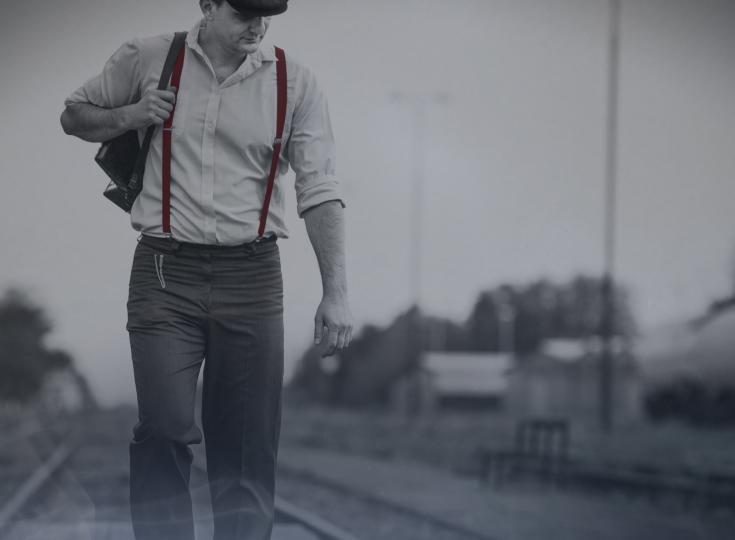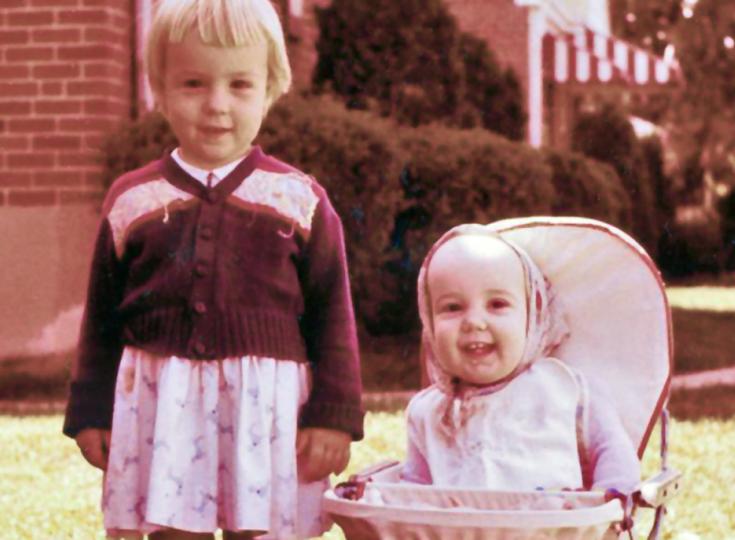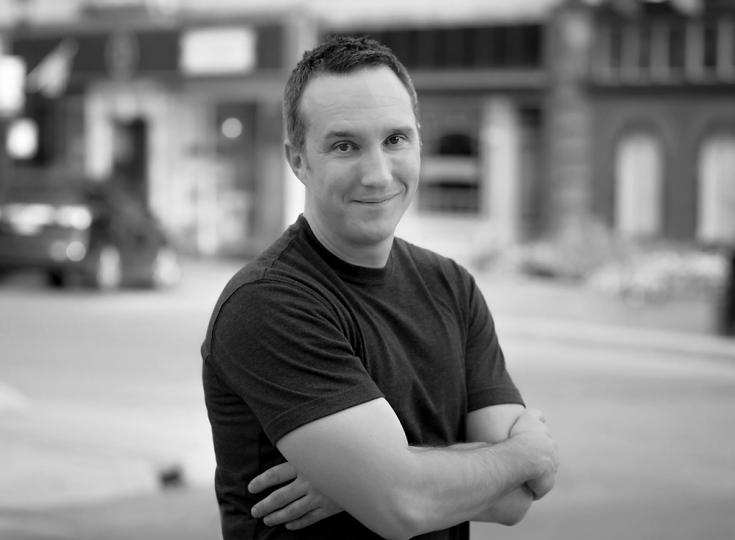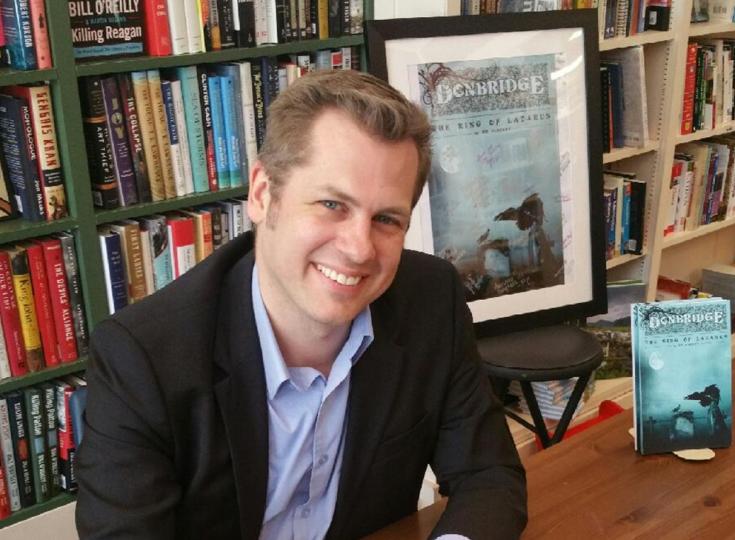Patrick Hogan - The Vietnam War and Agent Orange
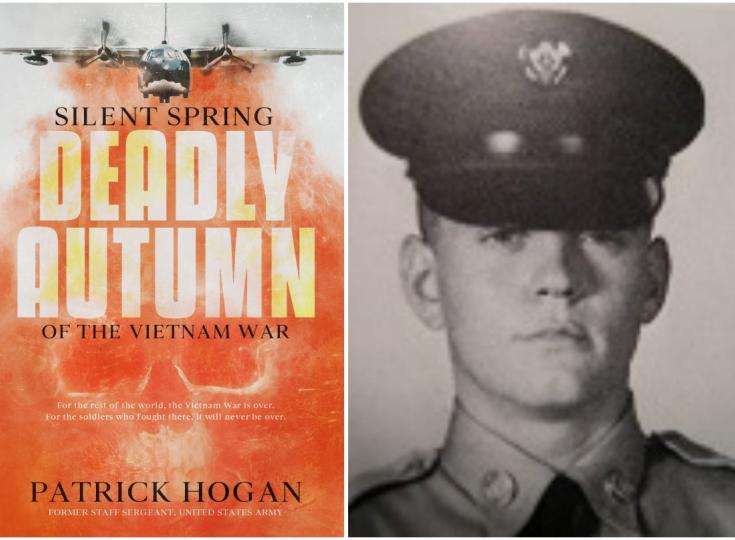
Patrick Hogan was stationed in South Vietnam from September 1966 through June 1969. While there, he earned the rank of Staff Sergeant E-6 and was awarded the Army Commendation Medal by the Secretary of the Army Stanley Resor. Shortly after being discharged, in 1975, he was appointed to the Teaneck Police Department as a law enforcement officer. During his police career, he earned an Associate in Arts Degree with honors and completed several law enforcement training programs. In addition to his educational accomplishments, he is a certified State of New Jersey Police Training Instructor. Initially, writing a book about the Vietnam War or being an author was the furthest thing from his mind. Until one day in 2012, after listening to a speech given by President Barack Obama, he felt an overpowering urgency to commit himself to investigate the causal link between his exposures to Agent Orange and the myriad health problems plaguing his life and the lives of many other Vietnam veterans. When he started his research journey into Agent Orange, he never suspected what he would discover. So, after the death of his friend and fellow veteran, Larry White the concept for Silent Spring - Deadly Autumn of the Vietnam War was born, and a reluctant writer emerged out of sheer exasperation and sorrow. As our Author of the Day, Hogan tells us all about this book.
Please give us a short introduction to what Silent Spring - Deadly Autumn of the Vietnam War is about.
Silent Spring - Deadly Autumn of the Vietnam War is an account of war – a tale of anger and determination – a chronicle written in sorrow with hope. It’s the story of countless veterans who served in Vietnam. It’s a book that cuts through to the heart of the circumstances and deadly chemicals used throughout the war. Many of which are still being used all over America, even today. It’s a surreal voyage into everything the US government hasn’t told you about Vietnam and doesn’t want you to know.
What inspired you to write about the Vietnam War?
Actually, I didn’t want to become an author; it was thrust upon me by circumstances and all the pain and deaths caused by the aftermath of Vietnam. Unfortunately, the very best I could do, almost a half-century after the war, was to write an account of our betrayal and describe our exposures to the toxic pesticides and abhorrent conditions of the Vietnam War as best as I could. All in the sincere effort to correct the present so that what occurred in Vietnam will never happen again to new generations of military personnel, their families and their children and quite possibly their grandchildren’s children.
In the beginning, writing a book or being an author was the further thing from my mind. However, shortly after I had returned home from Vietnam for the last time, my father urged me to file a disability claim with the Department of Veterans Affairs (DVA) for medical problems I had experienced during my service. I began the process without much enthusiasm and quickly got sidelined by my new civilian life. Little did I realize that I wouldn’t re-visit my disability claims again until almost forty years later when I watched President Barack Obama give a speech on the horrors of the Vietnam War. I’m still not quite sure what happened that very hot humid day in May of 2012, but after listening to the president, something broke in my mind and I felt an overwhelming urgency and determination to commit myself to research and investigate the causal link between my myriad of health problems and my exposures to Agent Orange in Vietnam.
When I started my investigative journey into Agent Orange, I never suspected what I would discover. But, I quickly learned we were exposed too much more than just the one infamous pesticide. It’s a disgrace that so many lives have been lost over the last half-century, and no one knows the truth or exactly how many veterans died because of the chemicals they were exposed to in Vietnam. Likewise, our government can’t even tell us how many of the three million “in-country” Vietnam Veterans are still alive today. One of my biggest regrets is it took me so long to wake up and write this book.
How much research did this book require from you? What was the most interesting aspect of this research?
When I started my investigative journey into Agent Orange I never suspected what I would discover or how long it would take. However, I very quickly found out we were exposed too much more than just the one infamous pesticide. The deeper my research went, the more amazed I became. My research spanned several years because of all the intricate toxic chemicals we were exposed to and their interactions. Actually, the more I investigated, the more it caused me to look at and consider all the lives which had been needlessly cut short—taken, destroyed and damaged—by the rampant use of pesticides during the war; the angrier and more determined I became to try to set the record right. It wasn’t just Agent Orange we were exposed too, but a genuine multitude of deadly toxic chemicals. It’s a disgrace that so many lives have been lost over the last half-century, and no one knows the truth or even how many veterans died because of the chemicals they were exposed to in Vietnam. Likewise, our government can’t or won’t tell us how many of the three million “in-Country” Vietnam Veterans are still alive today. One of my biggest regrets is it took me so long to wake up and write this book. Whether it does any good or not remains to be seen, but there is always hope even in the mists of despair.
You are a former staff sergeant. How has this influenced your writing?
I don’t think being a former staff sergeant influenced my writing at all. Being a retired police officer and investigator had more of an influence as did the death of my friend and Vietnam Veteran Larry White.
Besides writing, what other secret skills do you have?
I don’t know if you would consider this a secret skill but being a retired police officer and investigator really came in handy during the research and actual writing phases of the book. Actually, all my life experiences came into play during the writing of the book. Strange how that worked out.
You also write about the pesticides and herbicides used on the soldiers - do you think the effects of that has been downplayed through the years?
The book discusses not only the conditions in Vietnam but also all the toxic herbicides and insecticides used during the War. Unfortunately, most people today believe Agent Orange was the only pesticide we were exposed too. The truth is that the Vietnam War was turned into a disinformation campaign by the government to downplay or outright ignore all the other chemicals we were exposed to there. Had the government been forthcoming with the same information as in my book, there would have been no misconceptions. Then again, no one has ever put together an investigation or book on all the complex issues and chemical of the Vietnam War before either. At least as far as I know.
You also incorporated some uplifting words, such as Bible verses and the doxology into your book. Why did you take this approach?
It’s still hard for me to fathom—even today—the depths of the evil perpetrated against the “in-country” veterans of the Vietnam War and the subsequent cover-ups. So even in the depth of the darkness of the Vietnam War and the inappropriate use of pesticides, there is still optimism of correcting the record in the hope of it never happening again to another generation of soldiers.
What was the most challenging aspect to writing this book?
The most difficult challenging parts of the book were the personal sadness of writing Larry’s Story and re-experiencing the time I spent in Vietnam and my illnesses over the years.
In this book you’re dealing with so many difficult themes – as a writer, do you feel a sense of responsibility? If so, how do you deal with this?
Official U.S. government records contain the files of more than 58,280 U.S. service personnel who died in Vietnam. They were all considered ultimate casualties of that war. In addition, scores more (over 300,000) were recorded as being injured and maimed. But, not chronicled in those sobering statistics were the countless tens of thousands of soldiers, marines, and sailors that had been killed, injured and maimed by the pesticides used in Vietnam, during the war. Just who is recording their sacrifices and deaths? While I don’t expect my book will change those statistics, just knowing that I tried helps a little. Once again, One of my biggest regrets is it took me so long to wake up and write the book.
What has most surprised you about the response you've received from readers so far?
I am constantly being surprised. He is one of the latest emails I received (12/17/2019) through the book’s website:
Just wanted to say that I just ordered your book off of Amazon tonight and I am eagerly awaiting it. I was born twelve years after the fall of Saigon but if the title references what I think it does, then this book applies to me all too closely. I hope that if something like this comes from the pen of a soldier that the people will listen. Clearly, the pen of a non-combatant environmentalist does little to inspire confidence of report nowadays.
Not sure if you know of a man by the name of Warren Dobson, but if you do, please note that I owe him and people like him true gratitude, however bittersweet it is. I think you're probably like him, so however cheesy this sounds, I believe that you will like where you are going when you pass on. Cheers to some of the least fake news in the West.
Sincerely,
Phil
Most of the responses to my book are genuinely heart wrenching especially those from children and widows of Vietnam veterans.
Do you ever suffer from writer’s block? If so, what do you do to combat it?
No Writer’s block. The original first draft of the book was about 400 pages and except for Larry’s story and reliving my time in Vietnam, it went smoothly.
Do you consider yourself a disciplined writer? Do you have a schedule that you stick to, or is it more in the moment?
I do consider myself a disciplined writer but even so, I got to a point where I had to carry around a pad and pen because I would get inspirational flashes at the most inopportune times. Especially after my intense interaction with the Department of Veterans Affairs (DVA) and the administrative hamster wheel, the DVA makes veterans run through.
What are you working on right now?
I am currently doing researching for a second book. As I was putting the finishing touches on Silent Spring – Deadly Autumn of the Vietnam War and reading through all the data and information again, it started me concentrating on what our government and the military-industrial chemical corporations were capable of creating in South Vietnam during the war. I began to spectacle, on just how the United States got away with unleashing so many harmful pesticides during the war. Awkwardly, for me at least, even though I was there, the whole concept of what occurred in Vietnam is still quite perplexing and hard for me to fathom.
Still, based on my years of research, it appears that pesticide companies, our government, lumber companies, and large commercial agricultural groups, as well as many of our state and federal agencies, consider pesticides—both herbicides and insecticides—essential for use in today’s modern, industrialized world. Consequently, what occurred in Vietnam hasn’t stayed in Vietnam. It has, over the intervening half-century, continued to grow and be ever so skillfully reproduced in today’s world. Like Vietnam, our government and chemical companies are still using the same classic trickery of smoke and mirrors for the specific protection of harmful pesticides and their manufacturers.
The title of this next work will probably be, Betrayal of America by the Political and Industrial Complex. In this exploration, there will be a stunning investigation into the depth of corporate and political treachery and greed. Any American angry with the present corporate and political system after reading this shocking investigative account will turn their anger into sheer outrage when they learn what is being allowed to be unleashed into our environment . As for when I will finish it, God only knows.
Where can our readers discover more of your work or interact with you?
Since I finished Silent Spring – Deadly Autumn of the Vietnam War my health issues have become increasingly problematic. My heart is beginning to act up and a CAT scan found a spot in the right upper lobe of my right lung. I am scheduled for a biopsy on December 19th. Needless to say, I’m spending a lot of my time at doctor visits in addition to still fighting with the DVA. Right now the best way to interact is through my web site:
